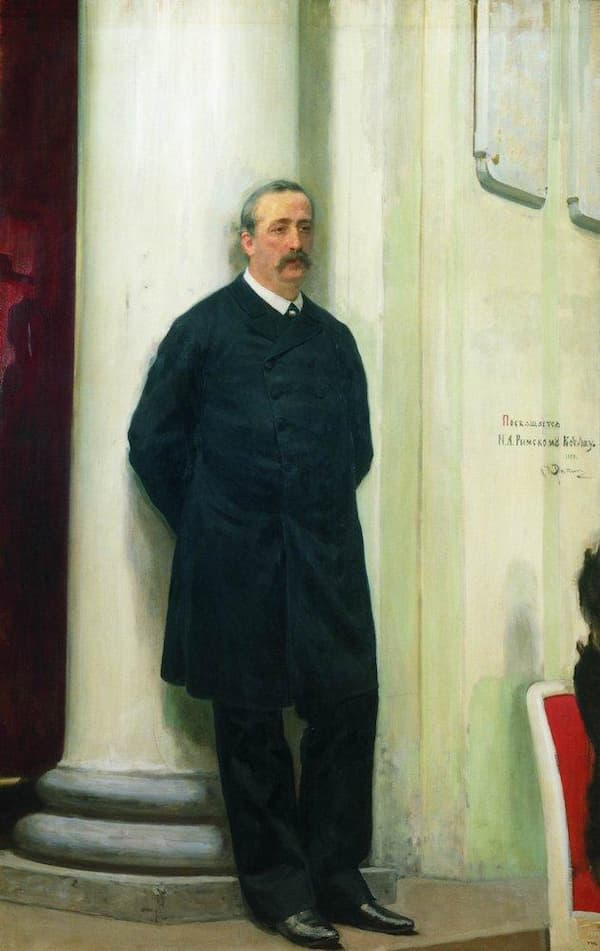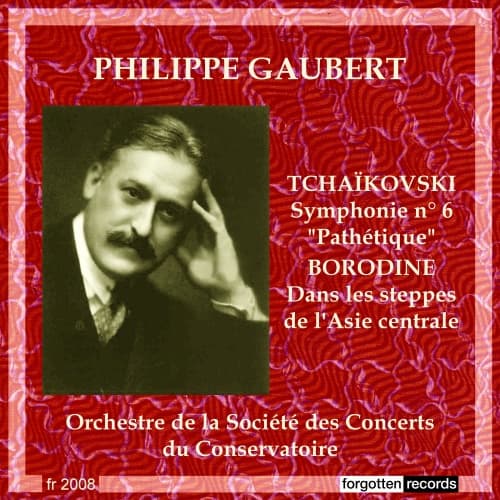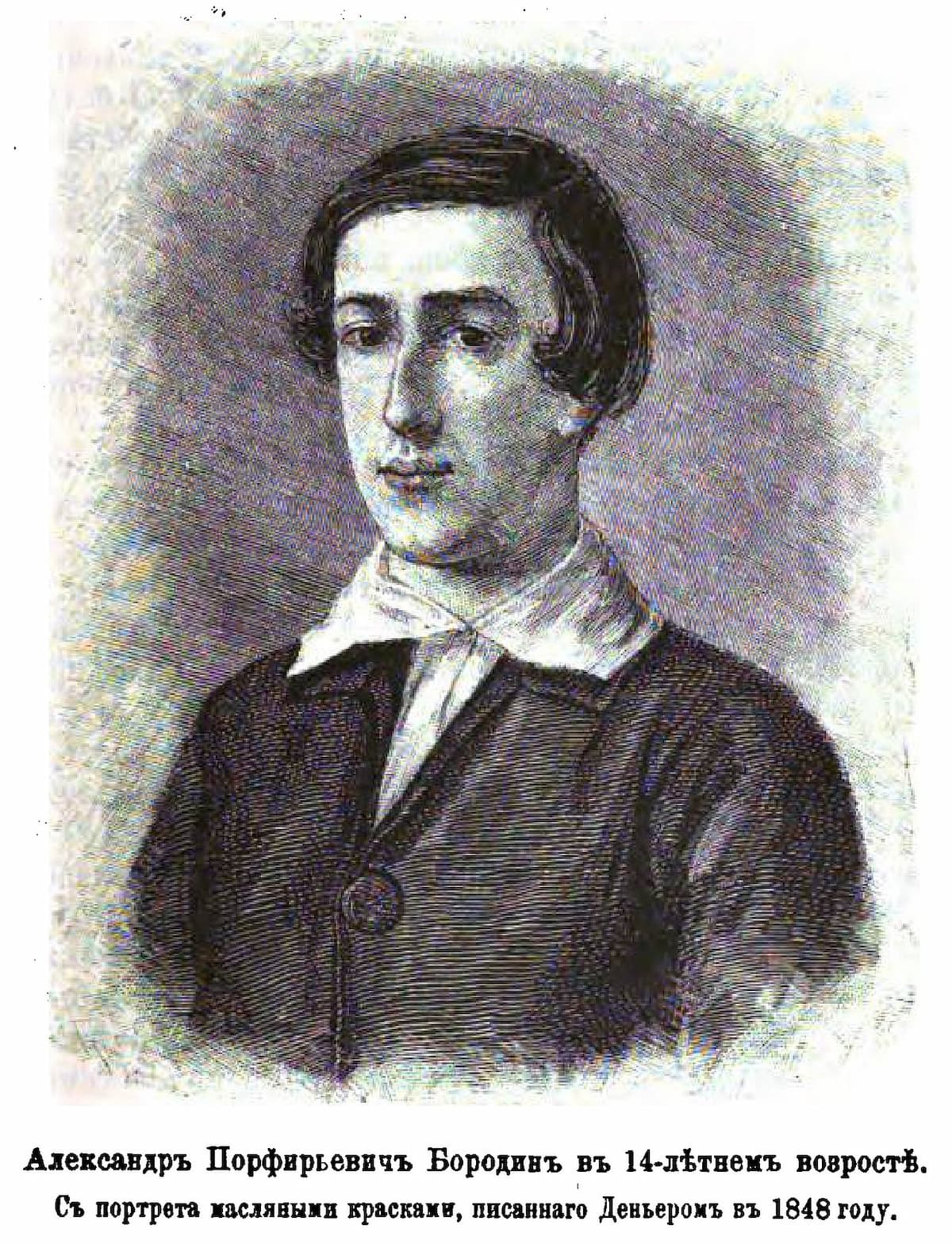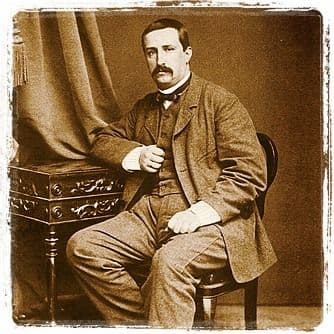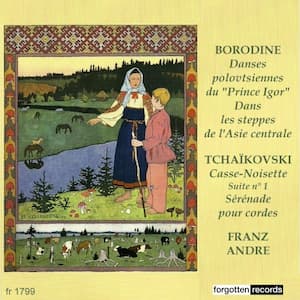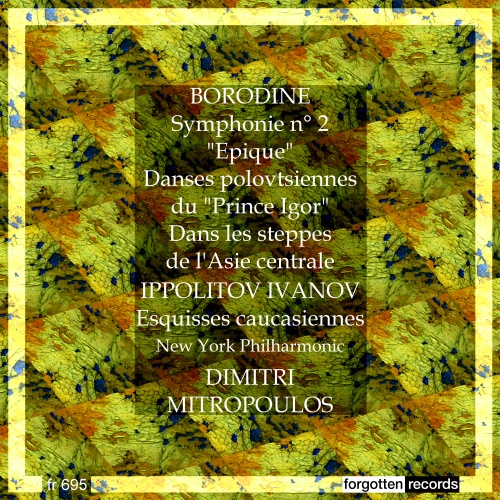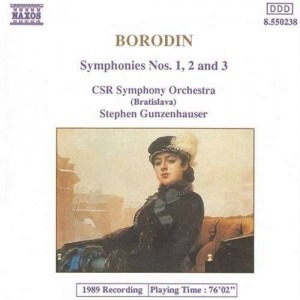We still have conflicting reports as to the actual premiere date of Borodin’s Symphony No. 1. Some commentators place that event on 23 December 1868, while others located it on 4 January 1869. The proximity of these dates suggests that
Borodin
Program music, music written to a pre-existing storyline, was at the centre of the battle with absolute music, music written for the sake of music. Nonetheless, program music is something that, for many people, gives them a way to negotiate
Alexander Borodin, born on 12 November 1833 in St. Petersburg, came from a noble bloodline. He was the illegitimate son of the 62-year-old Georgian Prince Luka Stepanovich Gedevanishvili, and a 25-year-old Russian woman, Evdokia Konstantinovna Antonova. As was customary at
Alexander Borodin (1833–1887). Like many of his fellow composers in mid-century St Petersburg, had a professional career and a side career. Professionally, Borodin was Professor of Chemistry at the Medico-Surgical Academy, and in his spare time, was a composer. This
In Alexander Borodin’s opera Prince Igor, left unfinished at the composer’s death, we have modern Russia of the 12th century fighting pre-modern Russia. Prince Igor and his army are going to war against the Polovtsy who have attacked Russian lands.
Alexander Borodin (1833-1887) followed Balakirev and became a member of The Five, that group of up- and-coming young composers who set out to create a true Russian music. Holding down a day job as professor of chemistry, he was a
Symphony No.1 in E flat Major (Andante) Stephen Gunzenhauser, conductor Slovak Radio Symphony Orchestra From Borodin: Symphonies Nos. 1, 2 and 3 (1990) Released by Naxos Borodin: Symphony No. 1 in E flat major (Andante) “The Slovak performances are alive

